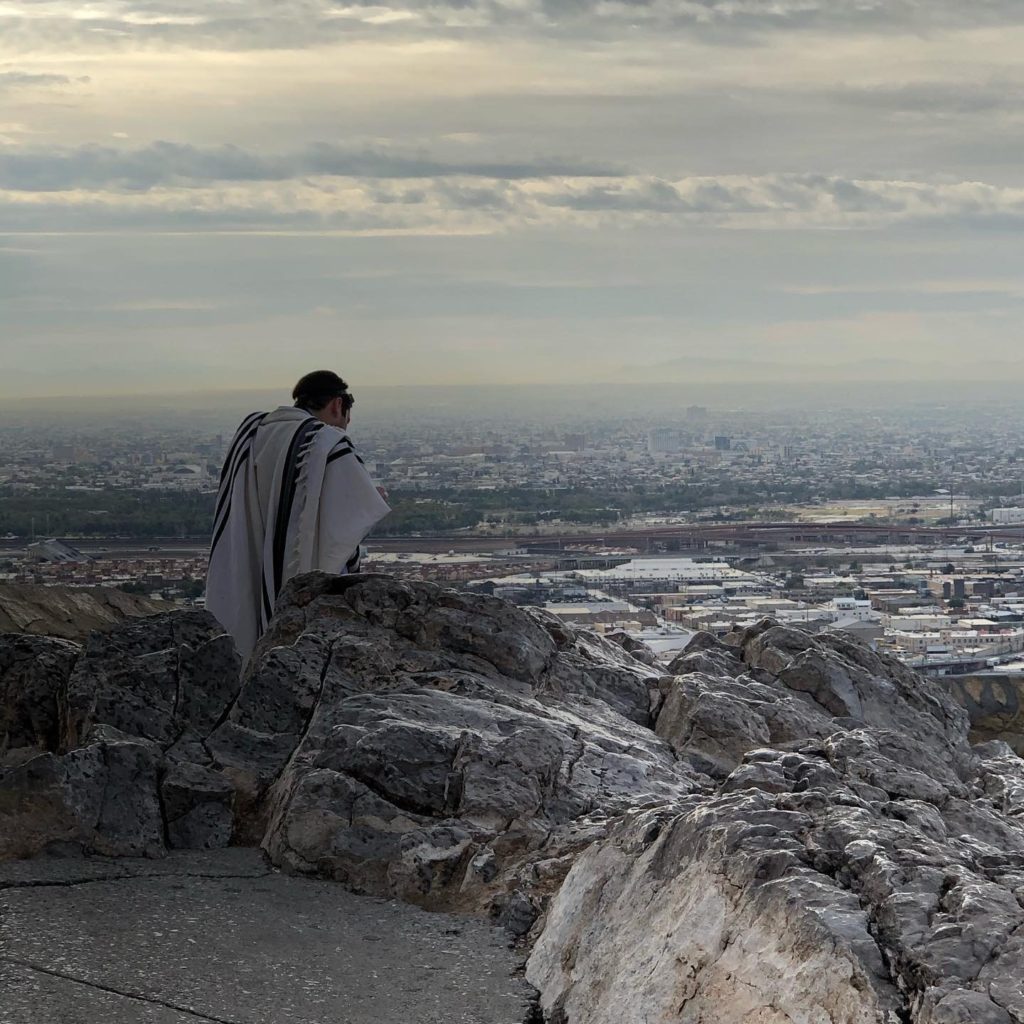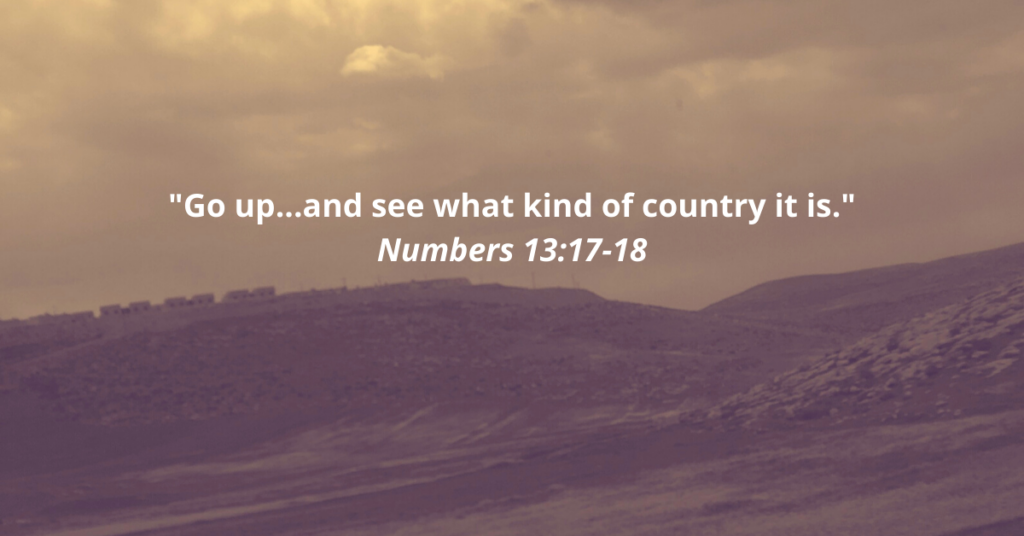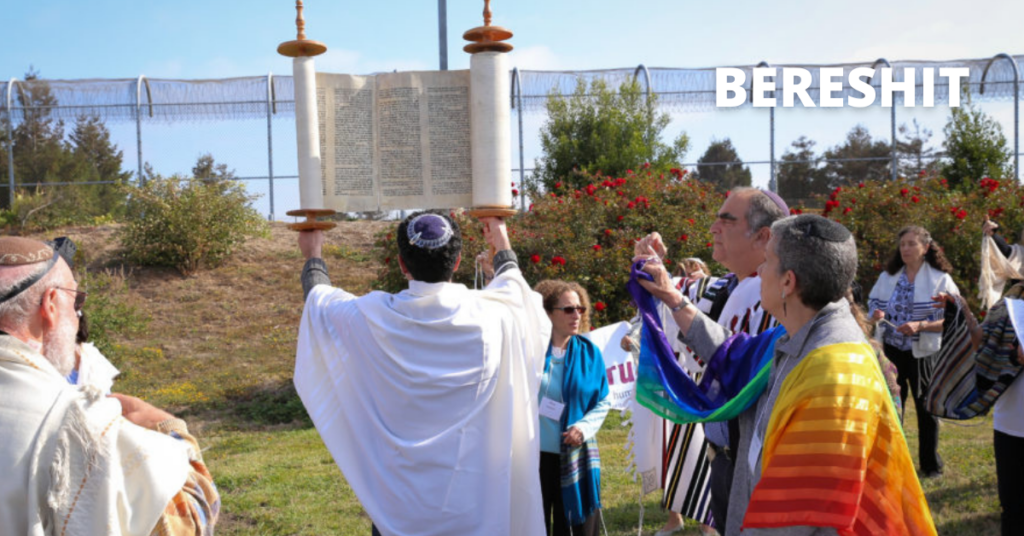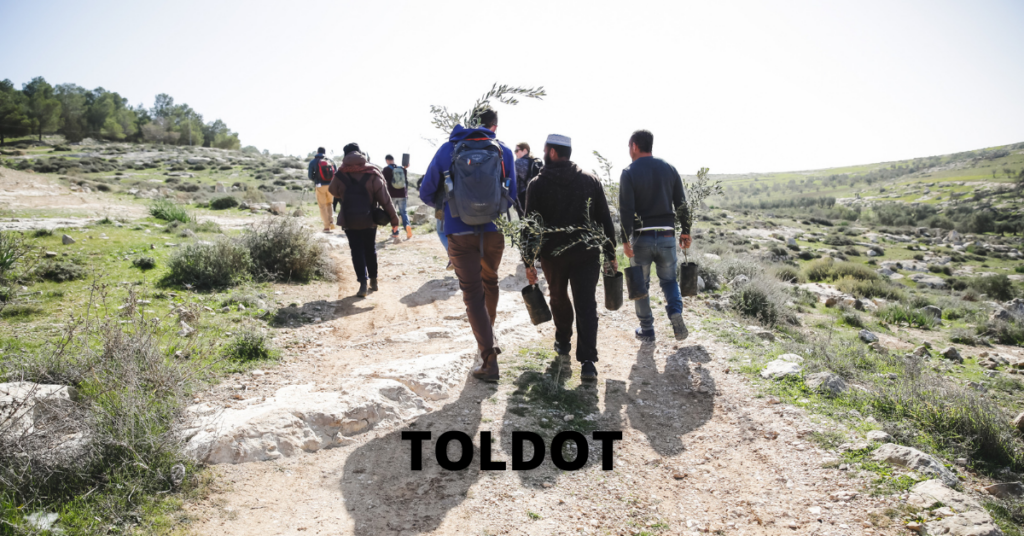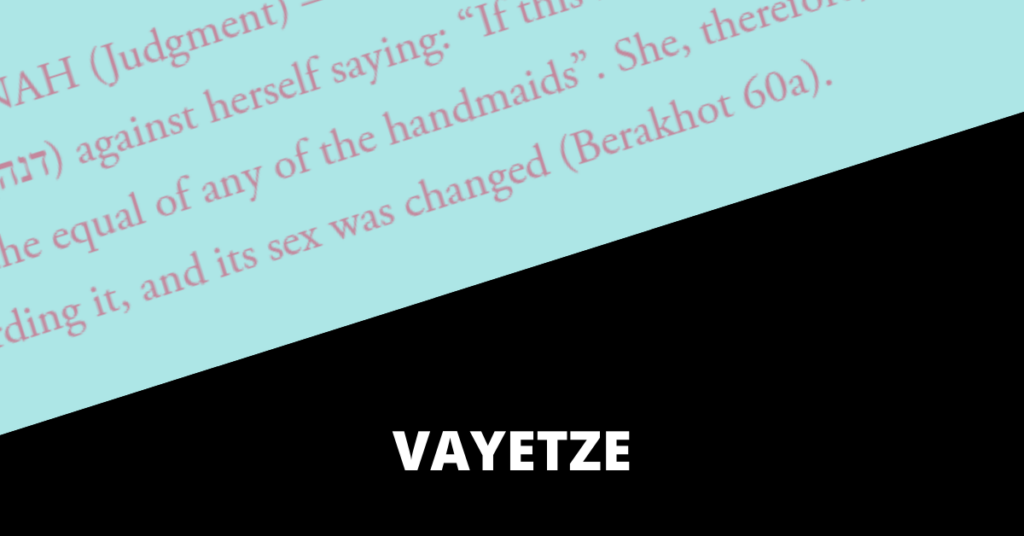Democracy: Remembering Where We Are Going
A d’var Torah for Yitro (Ex.18:1-20:23) by Rabbi Gordon Tucker. The Book of Eikhah (Lamentations) contains this apparently oxymoronic phrase when speaking of how ancient Judea had lost its moral way: “It did not remember its future” (1:9). What could it mean to remember something that is not in the past? The usual ways of...
read more


